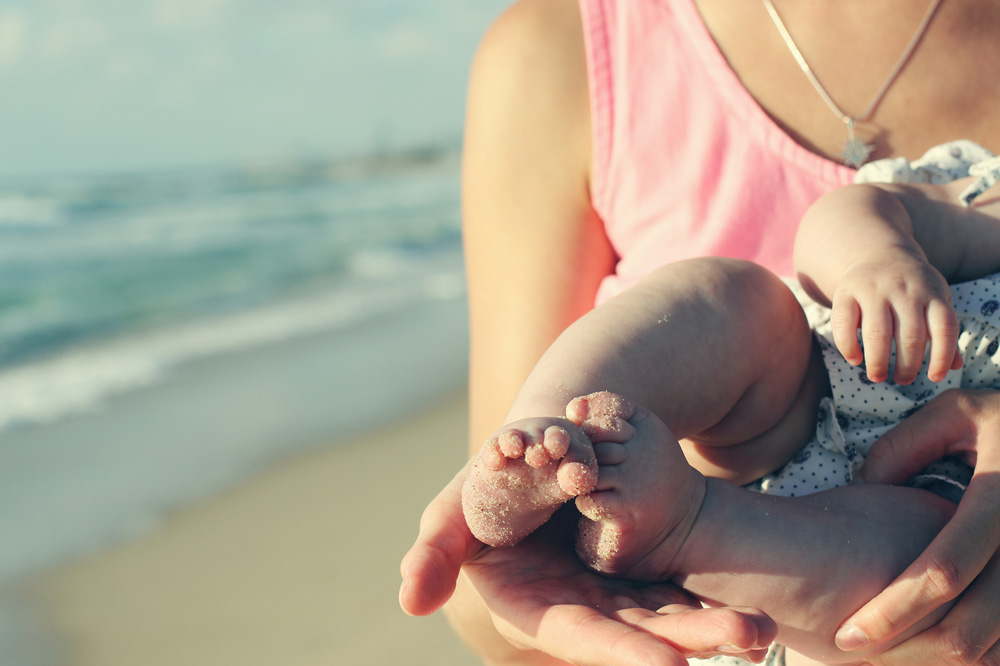Common Signs of Infertility in Women
Infertility can be defined as trying to conceive naturally with often, unprotected sex for at least a year without success.
Several treatment options such as medications to correct hormonal issues, surgery for physical problems and in vitro fertilization (IVF) can help infertile women to conceive. However, many infertile women go on to become pregnant without any treatment.

Female infertility causes can be challenging to diagnose. There are many treatments, depending on the infertility cause.
In this article, we shall look into several signs of infertility in women that one needs to look out for.
Factors behind female Infertility
Several factors can harm a woman’s fertility. Have a look at some of them down below.
- Obesity
- Underweight
- Age (Usually women over 35 have high risk of infertility)
- Hormone issues that inhibits ovulation
- Abnormal menstrual cycle
- Structural problems (problems with the fallopian tubes, uterus or ovaries)
- Excessive alcohol and smoking
- Polycystic Ovary Syndrome (PCOS)
- Primary Ovary Insufficiency (POI)
- Sexually transmitted infections (STIs)
Common signs of infertility in Women
Signs of infertility in women may include:
1. Painful periods: Many women suffer from cramps during their periods. However, painful periods that hamper your daily life may be a symptom of endometriosis (a condition in which tissues which are found in the womb are present elsewhere in the body).
2. Irregular periods: Anything within a few days of the average woman’s cycle (28 days) is considered normal. For instance, a woman can have a 33-day cycle one month, a 31-day cycle the next, and a 35-day cycle after that. This condition lies in normal periods.
However, if the cycles of a woman vary so greatly that she can’t even estimate when her period may arrive is a sign of irregular periods. This condition may be related to hormone concerns, or polycystic ovarian syndrome (PCOS).
3. No periods: It is quite common for women to miss a period here and there. Factors such as stress or heavy workouts can lead to your periods getting disappearing temporarily. But if you have no periods in months, you should get your fertility checked.
4. Hormone changes: In case you have hormonal changes, signs of them can be nonspecific. A woman may not even notice them or know the underlying cause.
Variations in hormone levels can result in:
- Thinning hair on the head.
- Lowered sex drive or loss of sexual desire.
- Unexplained weight gain.
- The appearance of facial hair.
- Nipple discharge.
- Acne.
- Cold feet and hands.
5. Pale or dark menstrual blood: If menstrual blood is consistently paler than normal, this is a cause for concern. Menstrual blood is generally bright red at the beginning of a woman’s period and may get darker over the following days. Passing very old, dark blood at the beginning of a period can also be a sign of endometriosis.
6. Pain during sex: Painful sex is not normal. Pain during sex, or dyspareunia, can be a sign of an underlying health concern that can harm a woman’s fertility. Examples of such health problems include fibroids, endometriosis and infections.
Final words
Healthy lifestyle modifications, such as lowering alcohol consumption, quitting smoking, maintaining a healthy weight and developing good exercise habits can be beneficial to one’s fertility.
Hence, it’s critical for you to regularly visit your doctor and discuss any other risks you may have for female infertility.
Disclaimer
Though all attempts are made to provide correct information on the subject, inadvertent & typographical errors arising out of manual intervention cannot be ruled out. It is requested to bring any such discrepancies to the notice of the blogger for correction.